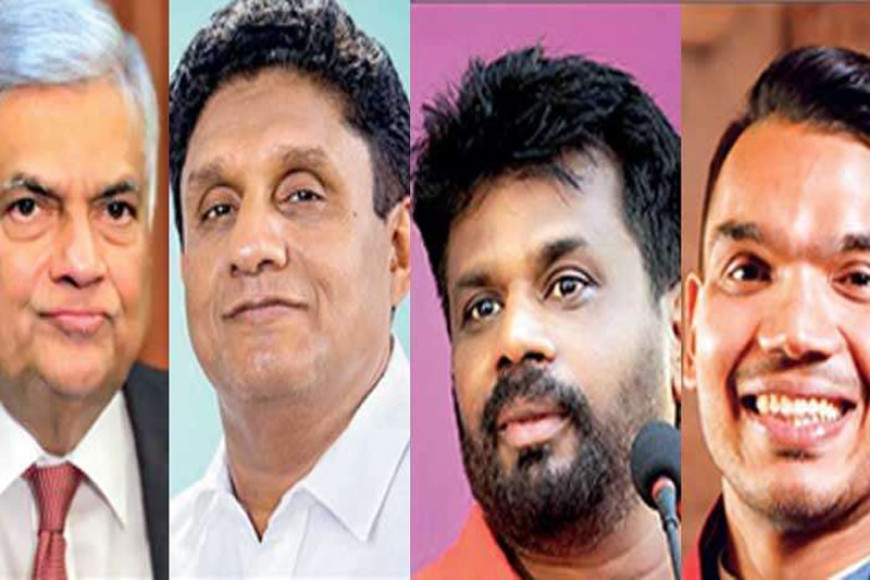Sri Lanka's Presidential poll countdown Kicks Off amid Diplomatic Activity and Regional Concerns
By Rohana Jith
The initial phase of the September 21 presidential election began on Wednesday with three days of postal voting. Leading candidates are rushing to release their manifestos, though it's uncertain whether these high-minded promises will capture the interest of the average voter.
However, these manifestos are closely observed by the Colombo-based diplomatic community, international organizations, and the commercial sector, as they indicate the priorities and goals of the main candidates. Even if the elected candidates don't fulfill these promises or take contrary actions after winning, their manifestos serve as key indicators.
The JVP's policy statement proposes the establishment of 15 new institutions. On the other hand, it claims that the expansion of the public service will be halted and efforts will be made to reduce new recruitments.
The country's foreign exchange reserves amount to $5 billion. The challenge is not to invest but to find money to pay off debts and interest .NPP is bringing to Sri Lanka the structure that countries like Singapore, Qatar, Saudi Arabia, and Dubai have created to invest their surplus wealth abroad.
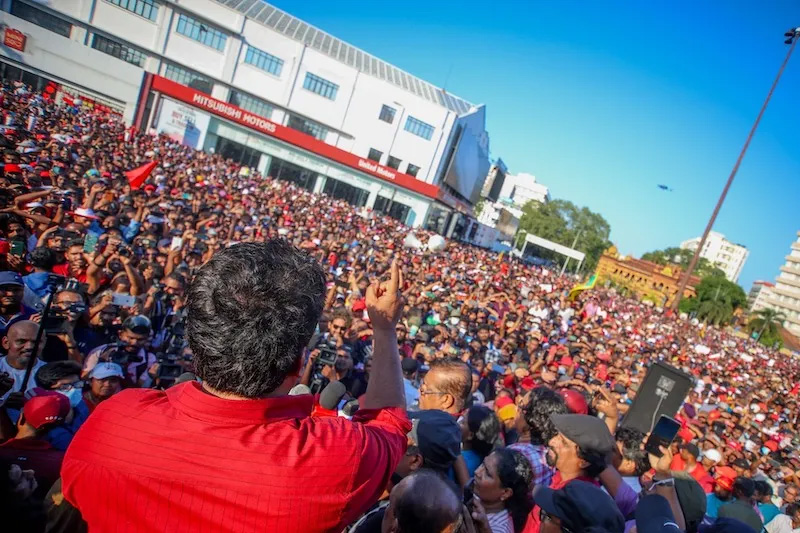
It is planning to establish an Exim Bank like the ones in China and Korea that lend money. We have togo to banks in China, Japan, and India to borrow money. Is it possible to set up banks without having any capital?, several economists asked.
Through its policy statement, the JVP has demonstrated through its actions that they possess theoretical knowledge about governance but lack any practical experience. They have clearly shown this they added. .
How many daycare centers would need to be built in Sri Lanka if we are to establish one every 2 km? Existing daycare centers in Sri Lanka are already struggling with a lack of children.
If a school needs to be built every 3 km, how many new schools would be required in Sri Lanka? they questioned.
Sri Lanka's population is decreasing. The number of new births is lower than the rate of deaths and migration. A project to create new children for these new schools would also be needed, NPP manifesto highlighted.
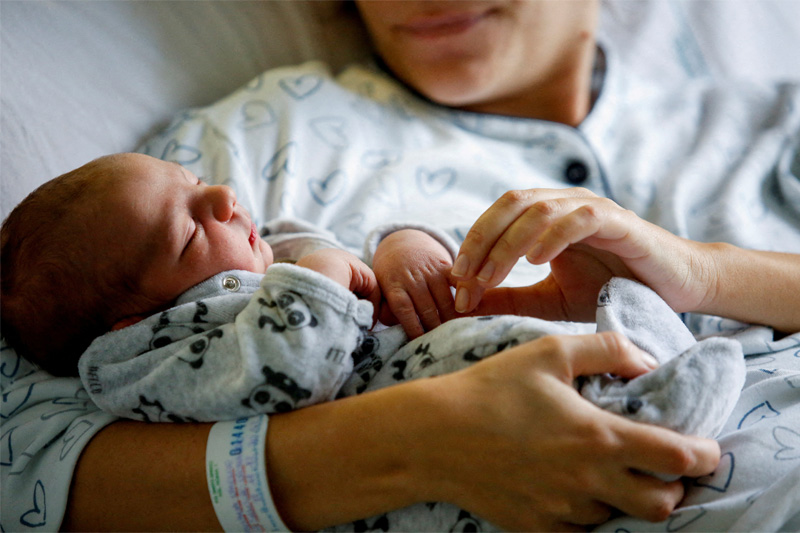
This list has been created by a group of isolated academics and professors who have no understanding of the country or governance as a whole. If these proposals are implemented, the country will go bankrupt again.
Even these two proposals alone would require at least Rs. 3 billion in new funds. Where will this money come from? Every time this question is asked, they respond by saying, ‘Vote for us and we will show you how we will do it.’, several political analysts said.
The International Monetary Fund (IMF) in Washington, D.C., is also paying close attention, as it is involved in reviving Sri Lanka's struggling economy.
According to a survey by the Institute for Health Policy (IHP) called the Sri Lanka Opinion Tracker Survey (SLOTS), which uses a revised Multilevel Regression and Poststratification (MRP) model, the main opposition Samagi Jana Balawegaya (SJB) and the leftist National People’s Power (NPP) are leading the race, with 34% and 32% of voter support, respectively.
The ruling Sri Lanka Podujana Peramuna (SLPP) has 13% support, while President Ranil Wickremesinghe's United National Party (UNP) stands at 7%. The Ilankai Thamil Arasu Kachchi (ITAK) garnered 5% support in July.
Indian Prime Minister Narendra Modi’s National Security Advisor, Ajit Doval, visited Sri Lanka this week to sign a Memorandum of Understanding (MoU) with members of the Colombo Security Conclave (CSC) and to establish the CSC Secretariat in Colombo.
Despite the election fervor in Colombo, with various candidates holding rallies and meetings, Doval engaged in official discussions with President Ranil Wickremesinghe and Prime Minister Dinesh Gunewardena.
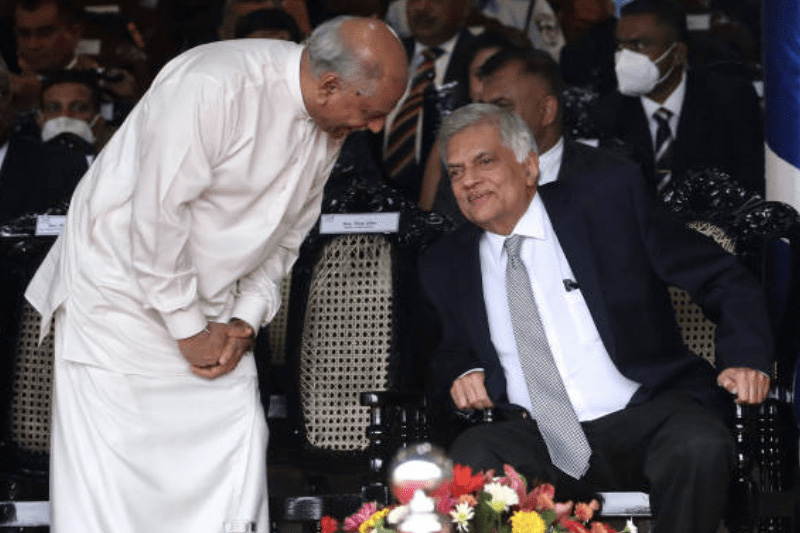
He also met with leading presidential candidates, including SJB leader Sajith Premadasa and NPP leader Anura Kumara Dissanayake, as well as political representatives from the North, East, and Upcountry.
During a meeting at the India House with Northern Tamil parliamentarians from various political parties, Doval expressed concern about recent developments, including the idea of a 'Tamil Common Candidate.' MPs such as M.A. Sumanthiran, S. Shritharan, Selvam Adaikalanathan, D. Siddarthan, and S. Kajendran attended, although Shritharan left early for a flight to the UK.
The MPs shared insights about the situation on the ground, with Kajendran explaining his party's stance on boycotting the election but indicating potential support for a candidate willing to devolve powers to provinces within a federal structure.
Doval, a seasoned intelligence officer and a Cabinet-level official, advised the MPs not to "waste the votes of the Tamil people" and to negotiate with a candidate who could realistically win and address Tamil aspirations.
Meanwhile, India’s External Affairs Minister S. Jaishankar identified two major challenges in India-Sri Lanka relations: the ongoing maritime boundary and fishing disputes and China's growing influence in Sri Lanka, which poses a strategic national security concern.
Speaking at the launch of his book "Strategic Conundrums: Reshaping India’s Foreign Policy," Jaishankar noted that public perception in Sri Lanka has shifted positively towards India, largely due to India's significant assistance during Sri Lanka's recent crises.
New Delhi, observing the humanitarian, political, and economic crises unfolding in Sri Lanka, was concerned about potential spillover effects. In line with its 'Neighbourhood First' and 'Security and Growth for All in the Region' (SAGAR) vision, India provided $4 billion in assistance, including loan deferrals, currency swaps, grants, and humanitarian aid, to stabilize Sri Lanka and counter China's influence.
India also supported Sri Lanka's negotiations with the IMF and participated in restructuring the country's debts, offering a moratorium on foreign debt repayments until 2028.
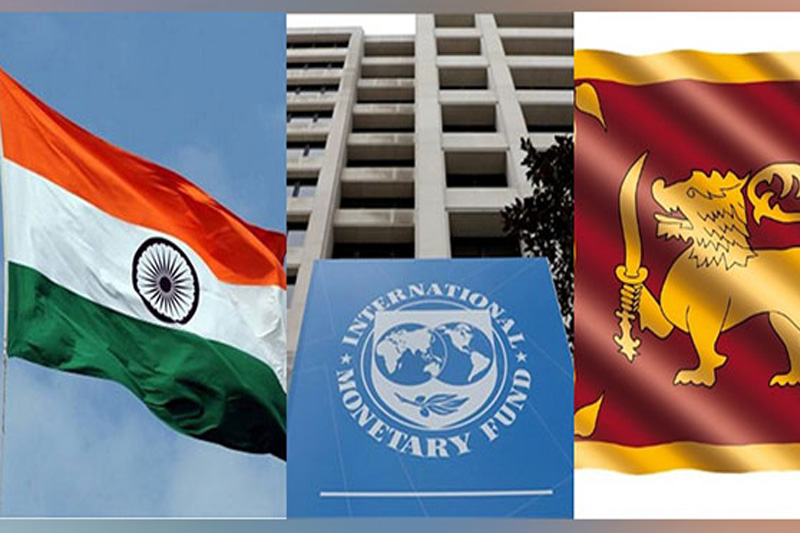
Despite rumors suggesting that Ajit Doval's visit aimed to broker a last-minute alliance between the UNP and SJB for the presidential election, sources within the Indian High Commission dismissed these claims.
A senior diplomatic source emphasized that if Doval needed to address such matters, he could have done so from New Delhi or discreetly without media attention, as he has done before.
A talking point during the election campaign has been widespread allegations of corruption in outsourcing the issuance of Sri Lankan visas to non-state actors. The matter was highlighted at a news conference held by European polls monitors on Friday.
When asked on what visas they arrived in Sri Lanka, a member parried the issue by saying they were present on the invitation of the Government of Sri Lanka. What was asked was different. A journalist sought to elicit under which type of visa they were in Colombo.
In the absence of business visas, they are said to have been issued tourist visas, said one source. Even journalists arriving to cover the elections were receiving the same, said the source familiar with visa matters.
The Sri Lankan electorate is much more politically conscious than before. That has been brought about by the communications revolution. Almost everyone owns a mobile phone. Political dramas, and the twists and turns of politicians, are all at their fingertips, the result of the rapid growth of social media.
No doubt there are untruths too, but this has become the era of information overload. Thus, there are Sri Lankans, who have heard, read or seen videos or photos of politicians, and turn up at political rallies. They want to match what they know with reality. It is only when they vote will their feelings are registered.


